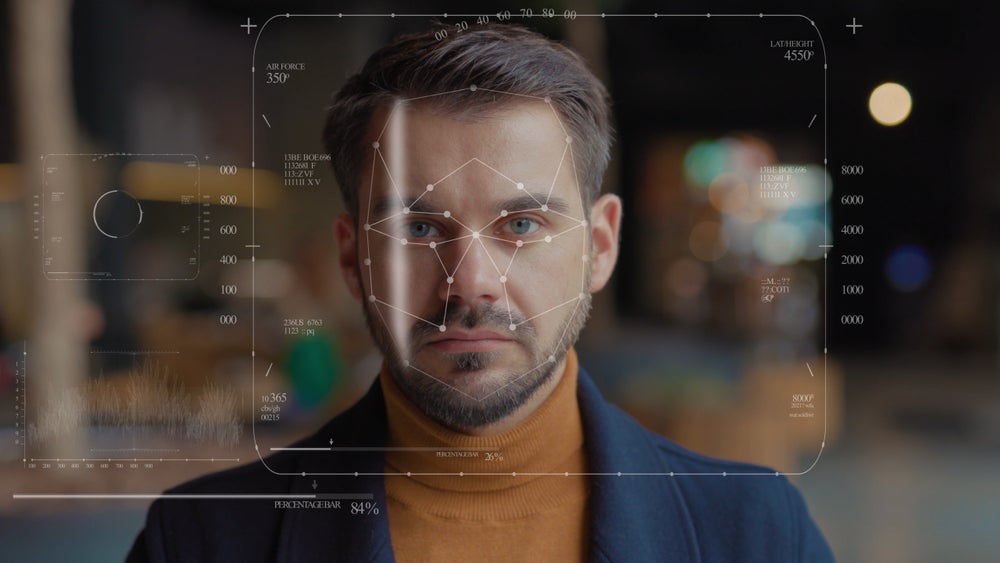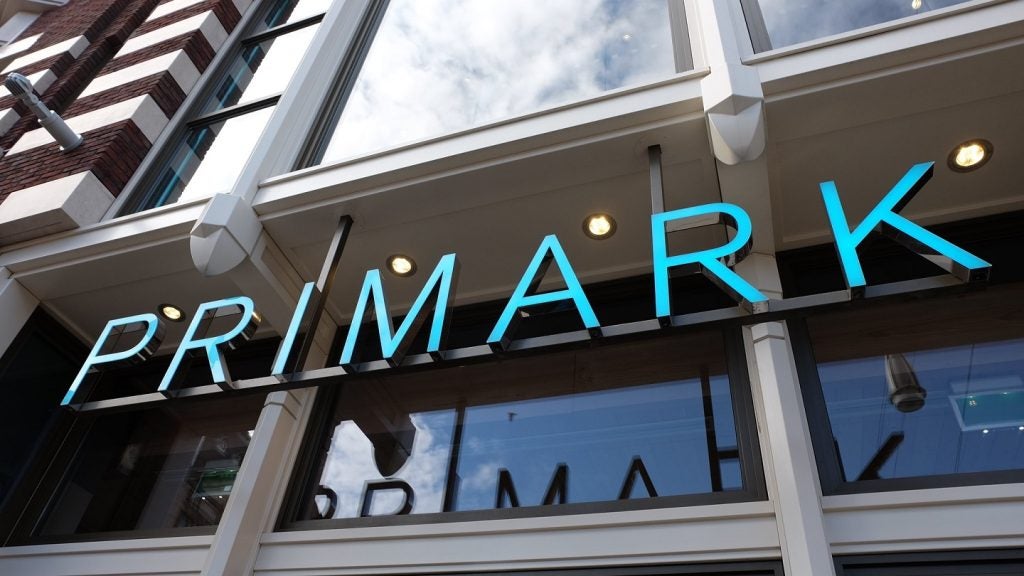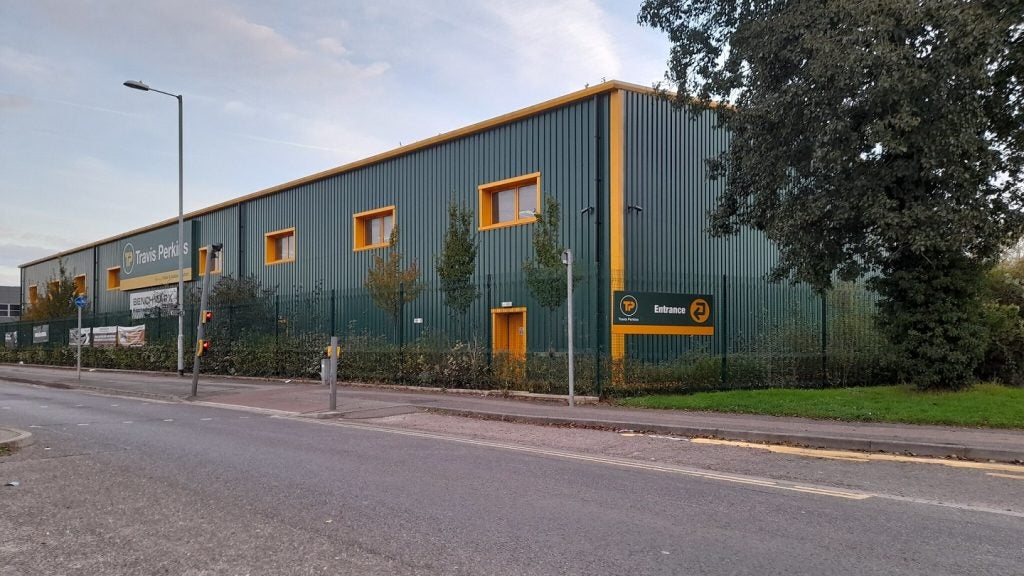UK Home Office officials have been caught in a secret plan to lobby the independent privacy regulator in an effort to introduce controversial facial recognition technology in high street shops and supermarkets.
The clandestine strategy was exposed after internal government minutes from a closed-door meeting on 8 March was seen by The Observer newspaper.
During the meeting, attended by Policing Minister Chris Philp, senior Home Office officials and the private company Facewatch (known for its facial recognition cameras installed in shops), it was agreed to advocate the merits of facial recognition technology to the Information Commissioner's Office (ICO).
The aim was to persuade the ICO that this technology could effectively combat "retail crime." Critics have argued that facial recognition technology violates human rights and is biased, especially against individuals with darker skin tones.
Privacy watchdog under pressure
The minutes reveal that Philp and Simon Gordon, the founder of Facewatch, discussed the benefits of privately owned facial recognition technology in tackling retail crime.
As part of the action plan, Home Office officials were tasked with drafting a letter to the ICO outlining the impact of retail crime. Philp considered delivering a speech promoting the advantages of facial recognition technology.
However, it remains uncertain whether the Home Office's efforts had any effect on the ICO's stance. The minutes acknowledge that the ICO is an independent body and that attempts to influence its rulings might be futile.
Divisive views on facial recognition technology
Facial recognition technology has been a subject of intense criticism and scrutiny globally. In the European Union, steps are being taken to ban the use of this technology in public spaces through the upcoming artificial intelligence act.
Nevertheless, the UK's data protection and information bill proposes to eliminate the role of the government-appointed surveillance camera commissioner and the requirement for a surveillance camera code of practice.
Proponents of biometric surveillance technology in retail spaces argue that it is necessary to combat the escalating issue of retail crime, which has seen UK shop thefts more than double in the past six years, reaching eight million incidents in 2022.
Critics call for human rights protection
Opponents of facial recognition technology, such as Mark Johnson, advocacy manager of the campaign group Big Brother Watch, have raised concerns about the potential threats to civil liberties.
They assert that the UK should follow the European artificial intelligence act's example and implement a ban on facial recognition for surveillance purposes in all public spaces.
The situation raises questions about the government's role in supporting private companies whose products raise concerns about the invasion of privacy and human rights in the UK.
As the controversy continues, the public and privacy watchdogs will closely monitor the actions of both the Home Office and the ICO regarding the use of facial recognition technology in retail environments.
















